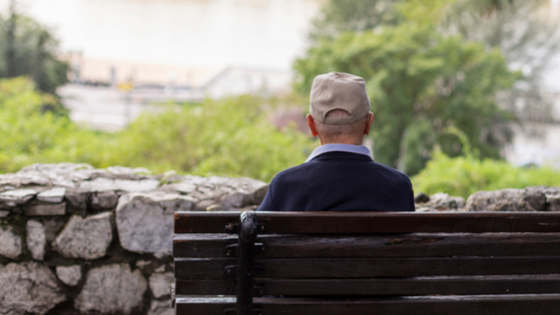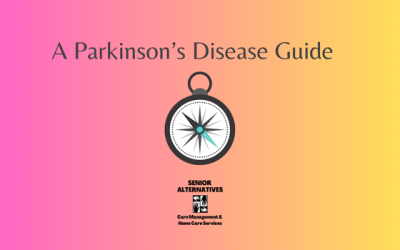March 28, 2019

Addressing loneliness is not just about human contact. You cannot pull a “one-size fits all” solution for older adults off the shelf. It doesn’t work. Instead, you need to identify the root causes for loneliness and develop individual strategies based on needs, and then handle the obstacles that get in the way.
Social connections and staying actively involved are two key strategies for healthy aging. Encouraging and supporting meaningful social connections through activities such as volunteerism, religious affiliations, and home visiting programs are a few examples of ways to avoid social isolation.
It takes a village to find answers, and given the epidemic of loneliness we are facing, the medical community must jump in. This is a nationwide problem and needs to be addressed as such. Physicians, nurses and other clinicians need to see loneliness as a treatable condition. Screening for loneliness during medical appointments needs to become part of every patient visit. There are degrees of loneliness, but they have similar outcomes. Heart disease, dementia, immune disorders, functional impairments, all ending in premature death.
We must all be part of the solution and we need to be active village participants. Reach out to local volunteer agencies, schools, senior communities-any place there is an opportunity to make a difference. After all, we are stronger when we work together.
Resources:
National Poll on Healthy Aging, March 2019
Togetherness Program-CareMore Health Systems
Scientific American: To Combat loneliness and promote social health by Kelsey Killam 1/23/2018
Kaiser Permanente North West
A study at Harvard University followed hundreds of people for 75 years and loneliness was the single greatest single predictor of physical health, longevity, and quality of life.
Related Articles
Boost Cognitive Function Through Brain Exercises
Just like the rest of your body, your brain changes and adapts over time. Through a concept known as neuroplasticity, your brain can form new connections, strengthen existing ones, and even recover lost abilities. Regular mental exercises can have a significant impact on your brain health. Read on to know more…
Why People in Blue Zones Thrive and Live Longer
Blue Zones are regions where people live longer, healthier lives compared to the global average. These areas have been studied extensively to find common denominators and answers about what makes these places unique. One of the key components of these lifestyles is community engagement, or having a strong sense of belonging and support from others. Read on to know more about Blue Zones and how we can duplicate their lifestyle and best practices.
Understanding Parkinson’s Disease
April is Parkinson’s disease awareness month, with that in mind we put together a blog





